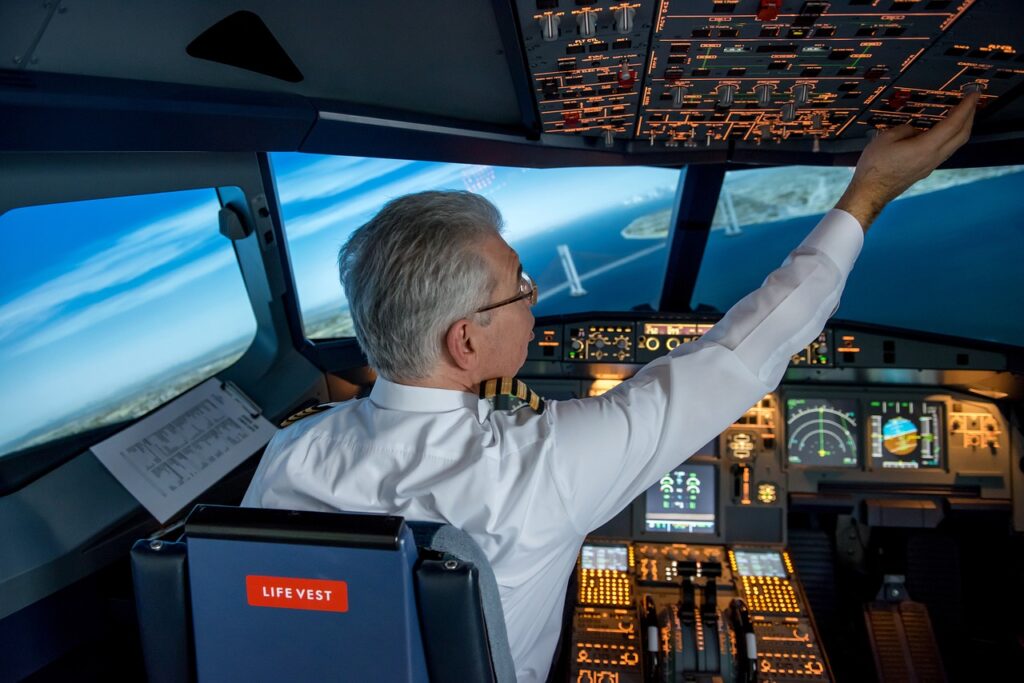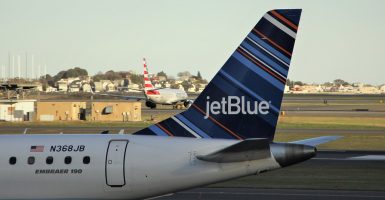Why A Massive Airline Pilot Strike Is Looking Even More Imminent
The possibility of an industry-wide airline pilot strike occurring has become even more probable after talks between pilot unions and major carriers have failed.
In the wake of gaping pilot shortages plaguing the travel industry, pilots are seeking higher wages and better benefits. Negotiations between pilot unions and major airlines like American, United, and Delta have been underway. Unfortunately, contract agreements have yet to be reached making the possibility of an airline pilot strike occurring all the more imminent.
It was only a matter of time before pilot unions started to seek contract revisions for their members, according to CNBC. Pilot shortages were rampant in the industry even before the onset of the Covid-19 pandemic and only worsened because of it. Thus, even before the pandemic hit pilot unions were already taking steps to begin talks with major carriers.
Now that things have begun to normalize again and travel has rebounded remarkably, those talks have officially begun. The thing is, the major carriers are not in the best position to meet the demands of the pilots and avoid a potential airline pilot strike. The reasons why are twofold.
First, Covid-19 caused carriers to lose an immense amount of money. The losses reportedly equaled a collective $35 billion. Second, even though travel has recovered in measurable ways, the airline industry, much like virtually every other business, has not been immune to the effects of severe inflation.

Still, unions are focused on getting pilots what they deserve from their employers, despite sustaining industry challenges. “What this is really about is the work-life balance and restoring reliability of airlines — and doing that not on the backs of pilots,” Dennis Tajer, an American Airlines Boeing 737 captain and spokesman for the Allied Pilots Association, told CNBC. Hopefully, this can be done without spurning widespread airline pilot strikes.
This all raises the question: What are the unions exactly seeking to avoid an airline pilot strike? Most of it comes down to pay. Pilots and their unions have taken notice of the significant pay raises that many regional airlines have given their pilots.
For instance, Alaska Airlines offered its pilots a 20% raise when they signed a new contract to fly for them. Whereas American and United have only offered pilots 17% and 15% raises, respectively. Pilots working for those airlines likely are seeking commiserate raises to avoid a strike.
Meanwhile, negotiations to avoid an airline pilot strike for those working for Delta, Southwest, and FedEx have initially failed and have been escalated to the federal level to be mediated. FedEx CEO Raj Subramaniam is particularly worried about how a pilot strike could directly affect the economy, citing the potential for it to contribute to the perpetuation of a severe economic downturn.
However, even if union negotiations are successful and an airline pilot strike is avoided, it still won’t be all sunshine and rainbows. Why? Because the extra costs associated with paying pilots more will likely be passed down to consumers instead of being absorbed by the airlines.
This means that in the best-case scenario where a pilot strike is avoided, already expensive plane tickets will climb to even higher prices. Interestingly, American Airlines CEO Robert Isom said that there are “…win-win deals that will be had out there.”Unfortunately, it seems those win-win deals leave out the average consumer.











